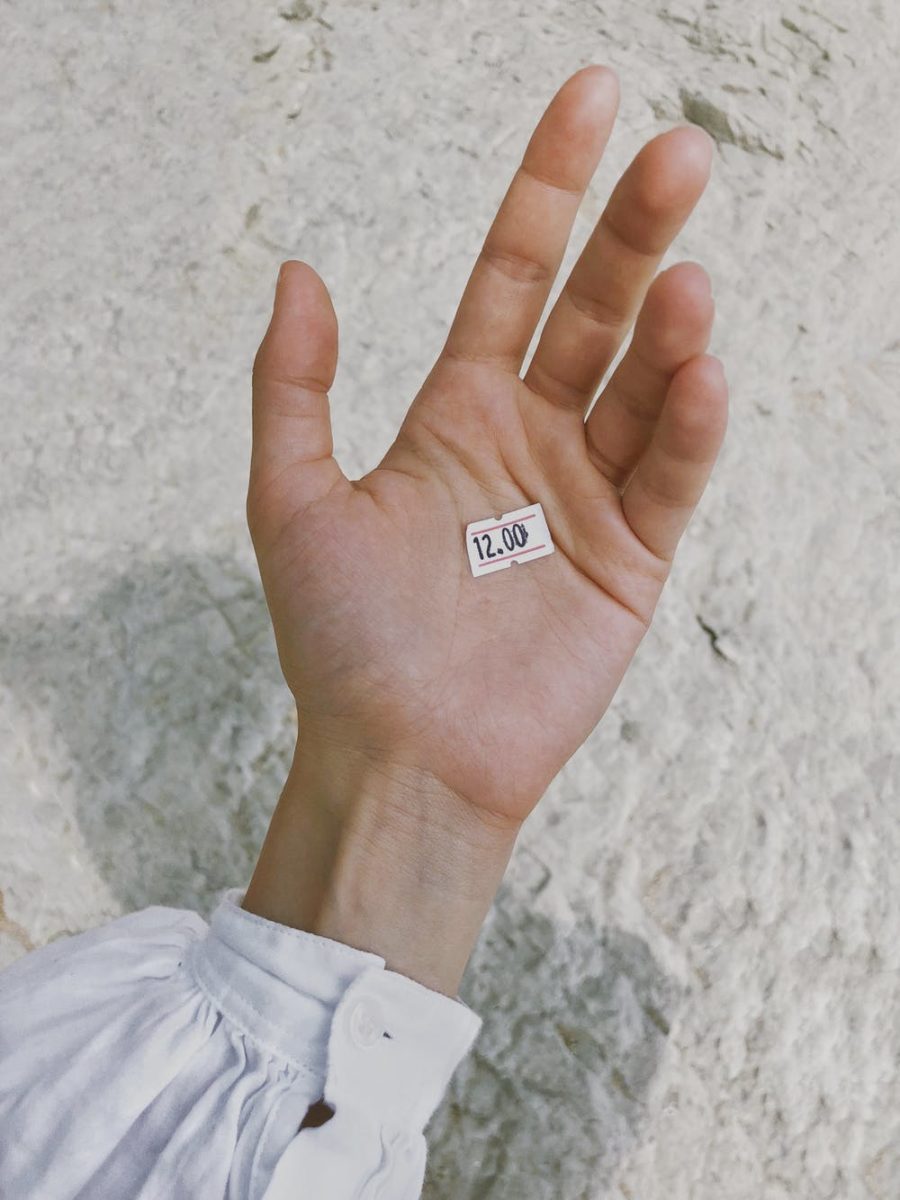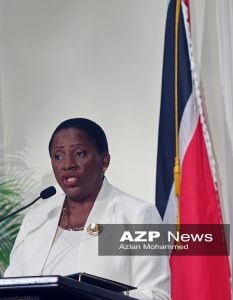
PRICE gouging occurs when a seller opts to increase the price of goods or services to a level much higher than what is considered fair or reasonable.
It is characterised as being a short-term event, usually seen after natural disasters or other emergencies. Using local parlance, the sellers just want to “dig out your eye”.
As the Covid-19 crisis rages on, more and more citizens are complaining about instances of price gouging, particular when buying basic necessitates such as food, toiletries and medical supplies.
Masks which cost $1 before the novel coronavirus reared its ugly head can now cost anywhere between $5 to $10 Similarly, the dubiously touted treatment for Covid-19, chloroquine, desperately needed for use by patients suffering from malaria, rheumatoid arthritis and lupus, which retailed for $3.20 per tablet now costs $10.
In the context of all the panic buying and hoarding taking place as a result of the lockdown, short term shortages of basic necessities of life is something to be expected. But it’s the specific act of inflating the price of an item for no reason other than increased demand during a time of crisis (i.e. taking advantage of people) which makes price gouging so unconscionable and distasteful.
What laws do consumers have in Trinidad and Tobago to protect them against this practice?
A specific law prohibiting the act of price gouging is non-existent. We do have several pieces of legislation protecting consumer rights; however, a punishment for price gouging has not yet made it into our law books. Many states in the USA, for example, spell out trigger events which activates its price gouging laws (e.g. a declaration of a state of emergency) how to calculate whether the act of price gouging took place (e.g. comparing the retailer’s average price over the past month against the latest price) and the consequence of price gouging, usually stiff fines. Nothing like this exists in TT. We do have a Fair Trade Commission, however, they do not have the power to monitor or take action against price gouging, unless it falls under the remit of price fixing (sellers agreeing not to sell their product under a particular sum) etc.
What does exist to assist citizens are, for example, the Consumer Affairs Division (CAD) of the Ministry of Trade and Industry monitoring prices and publishing price lists for specific items sold by various retailers. This is meant to educate consumers and promote choice by asking consumers to patronise those businesses that give value for money.
Our Minister of Trade and Industry Paula Gopee-Scoon, in the context of the health emergency created by Covid-19, is on record stating that price gouging is not illegal, but is frowned upon as corrupt, unprincipled and exploitative.
Can we expect any urgent laws to be passed, like the laws enforcing the current lock-down on non-essential businesses? I wouldn’t hold my breath. But the most promising statements I have heard were those made last month by the head of CAD, Dexter Morgan. It appears that CAD will consider including price gouging laws in some new consumer protection legislation, especially where retailers place mark-ups exceeding 10% in situations of a crisis and increased consumer demand.
From what I understand however, such a protection is not a certainty. There are advocates that strongly argue price gouging laws will do more harm than good. Put simply, the argument is that from an economic perspective, price controls go against the concept of a free market. In times of a crisis, if an item which is more valuable today than it was a month ago (say, hand sanitiser), is subject to price controls, there would be less incentive to manufacturers to make them, distributors to distribute them and retailers to sell them. If prices are allowed to fluctuate according to principles of supply and demand, eventually ramped up production of hand sanitisers will flood the market, and prices will drop as the supply meet the demand.
I remember a specific incident during those terrible floods back in October 2018. Anyone who drove cars trying to head south couldn’t get past the interchange at Grand Bazaar because of gushing flood waters and eroded portions of the Highway. Only trucks and SUV’s could make it.
Wrecker men were charging these poor folks upwards of $1,200 cash just to take their car from the interchange to the vicinity of the Munroe Road flyover (a distance of 3 km maybe?). It was one of the most despicable acts of exploitation and greed I have witnessed in my life. The defenders of a free market can do little to convince me that anything in this act of price gouging was right.
I am of the view that price gouging protections are needed, but a balance should be struck with the ability to make a fair profit. If you believe the same, this may be as good a time as any to make your voices heard.
Copyright © 2020 Neela Ramsundar LL.B (HONS), L.E.C Civil Litigation Attorney at Law & Certified Mediator.
Disclaimer: The contents of this article are for general informative purposes only. It does not provide legal advice and does not create an attorney-client relationship with any reader. For legal advice on your specific situation, please contact an Attorney-at-Law of your choosing directly. Liability for any loss or damage of any kind whatsoever allegedly incurred a consequence of using content in this article is thus hereby excluded to the fullest extent permitted by law.
Advertisement CXC Masters
![]()













